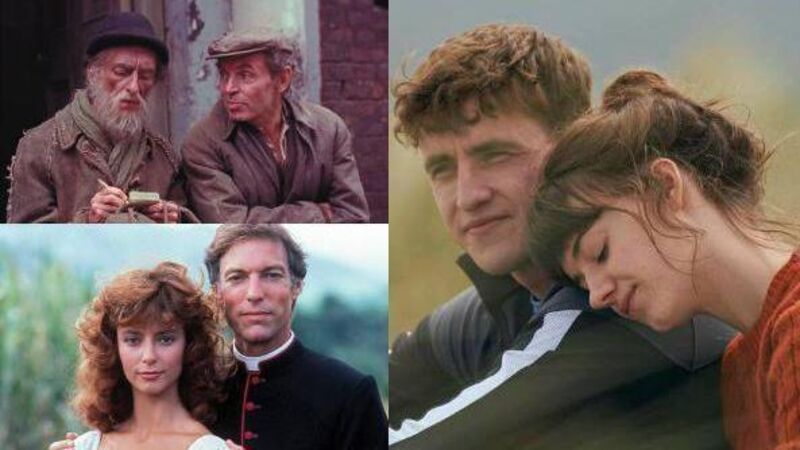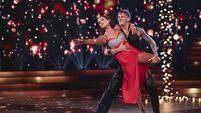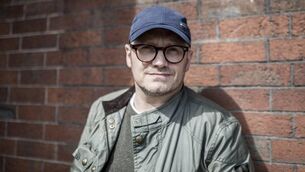Strumpet City, Normal People, Brideshead... 10 of the best TV adaptations

Classic TV adaptations include Strumpet City, Normal People and The Thorn Birds.
Water-cooler TV before we even knew what a water cooler was, this mini-series adaptation of Colleen McCullough’s steamy novel caused a sensation when it aired in the two-channel land of terrestrial TV in the early 1980s. Set in the Australian outback in the early 20th century, Richard Chamberlain, one of the most ubiquitous stars of the era, played Catholic priest Fr Ralph who embarks on a forbidden relationship with Meggie Cleary (Rachel Ward). One of a raft of ‘bonkbuster’ adaptations that kept viewers entertained in the ’80s, from to to .




